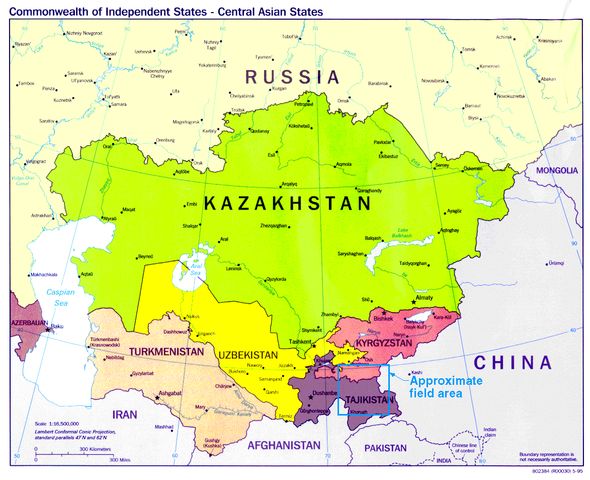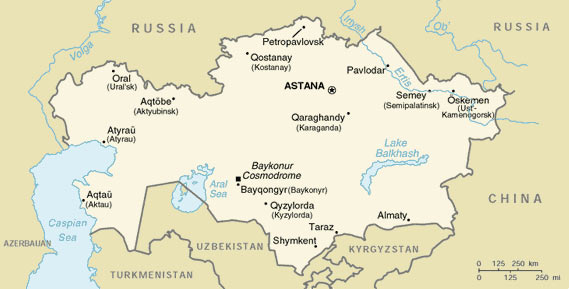ASTANA (TCA) — Cyber terrorism and cyber-attacks is a serious challenge facing business companies and even entire countries in contemporary world. Kazakhstan is no exception, and the country has taken efforts to thwart the new threat. We are republishing this article by Anna Gussarova on the issue, originally published by The Jamestown Foundation’s Eurasia Daily Monitor: The government of Kazakhstan has approved an action plan, on October 28, to implement the country’s cybersecurity concept—“Cyber Shield”—by 2022 (Zakon.kz, November 1). The document outlines key areas of state policy that will be required to build a modern yet reliable system to mitigate and prevent cyberattacks and threats from hybrid (“new type”) warfare. The amount of illegal online content reaching Kazakhstan has grown by a factor of 40 in the last three years (Kapital.kz, September 4). Both government agencies and domestic financial institutions frequently suffer from cyberattacks. Ruslan Abdukalikov, the deputy chairman of the Committee on Information Security in the Ministry of Defense and Aerospace Industry, recently pointed out that the number of cyber threats to the state’s electronic systems increases by 2–2.5 times every year (Inform.kz, October 28). As the country seeks to attract new technologies to encourage economic diversification, information and cybersecurity challenges have been growing as well. To reduce these vulnerabilities, Kazakhstani President Nursultan Nazarbayev instructed the government and the National Security Committee to develop the country’s cybersecurity strategy, emphasizing “this is a matter of national security… In today’s world, it is not necessary to fight using an aircraft or a tank.” Rather, a computer virus can knock a power plant offline or paralyze the domestic railway network, he noted (Informburo.kz, September 4). Recent trends in cyber espionage and hybrid warfare have revealed the country’s need to rethink its security policies, including in the cyber realm. The security services have contributed heavily to formulating a cybersecurity strategy for Kazakhstan. But the above-cited recently adopted action plan is notable because it introduces a comprehensive approach to build a “Cyber Shield” concept that will have multiple stakeholders, including businesses, the research community and the general population. Several important conclusions can be drawn based on the text of the action plan: First, in the government’s view, local software is preferable, but not yet available. As a result, the recently reorganized Ministry of Defense and Aerospace Industry is working to gradually overcome the country’s reliance on proprietary information security software from abroad as well as foreign IT product certification. Policymakers in Kazakhstan have been discussing this particular issue for the last five years. As a first step in this direction, the Chamber of Entrepreneurs will create a national register of trusted software and IT products by July 2018 (Zakon.kz, November 1). Second, international cooperation is so far limited, but seen as important. In particular, international cooperation appears particularly necessary to allow Kazakhstan to attract new technologies and develop its domestic information and communications technology (ICT) sphere. In this regard, the Cyber Shield action plan lists two main priorities. The first is for the National...





